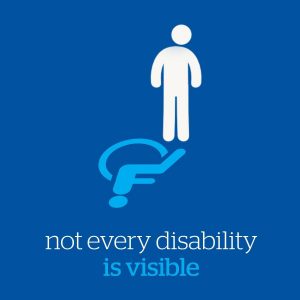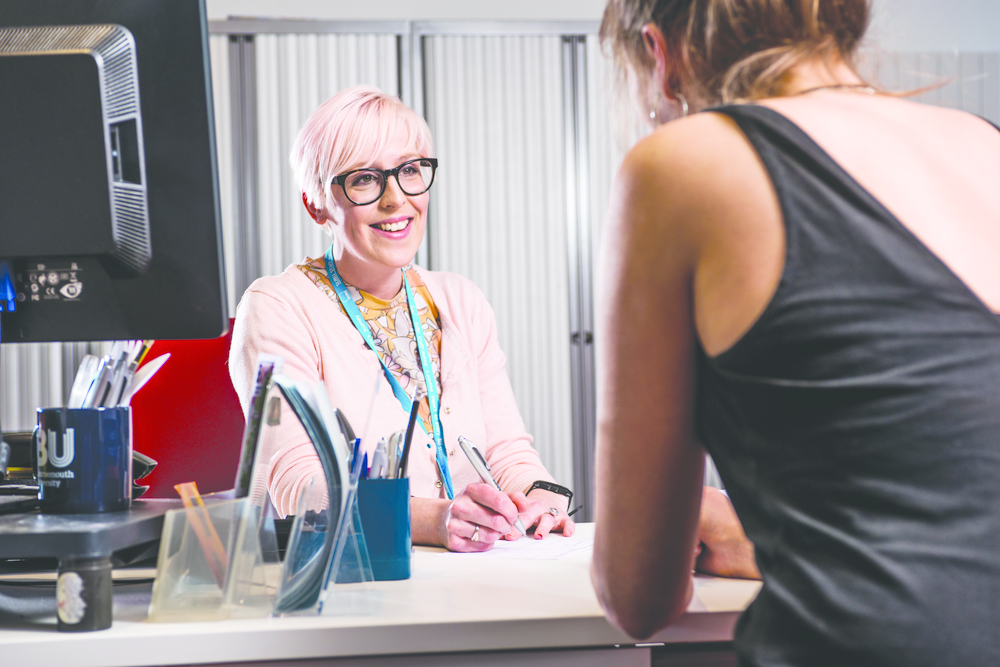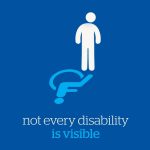Thinking about or preparing to go to university with a health condition or disability can be a daunting. I have Type One Diabetes, and my biggest worry for going to university was how I would adapt to a new student lifestyle, and if there was support available at BU for me to access. I am now a final year who also undertook a placement year, and can safely say I was able to adapt to the ‘student lifestyle’ and had a great time whilst also dipping into support from BU along the way.
How I prepared myself for going to university with a health condition
I wanted to be as prepared as I could be, so I had a chat with my specialist nurse about my main concern areas. For me, this was clubbing and alcohol. I had never been clubbing before going to university and I knew alcohol would affect my blood sugars differently than I was used to, so wanted to be as aware as possible on the risks and how to mitigate these.
My second worry was around the practicalities of storing my insulin safely in my Halls of Residents. I decided to go for an assessment with student finance to see if I was entitled to any additional help or equipment to help with this. As a result, I was allowed and given a mini fridge in my halls of residence for my room so no one could access my insulin.
I would definitely recommend talking with either your doctor, or searching for charity websites that are specialist for your disability or condition, like Diabetes UK, that may have advice on university or your concerns
Being as prepared as possible is a great start, however I realised that some things I would have to learn along the way, for instance how to chat with my flatmates about it if I needed any help while I was socialising or how to get into a healthy routine with food and attending lectures/ going out with my condition.
The support available for students with disabilities and health conditions
Below are some of the support options BU offer if you would like to chat about your condition or disability, or if you would like to have some extra support. These can be accessed by all students, however I found some of these useful to help me navigate university with my Type One Diabetes.
AskBU: As BU is a great starting point if you are unsure who you need to talk to about. They are a service that can signpost you to the correct people and services, but also help you with advice and guidance. You can contact them via the phone, email or you can visit them on both Lansdowne and Talbot Campus.
Personal Tutor: When you start your course you should be assigned a personal tutor. These are lecturers specific to your course subject that are there if you need any help or advice academically or if you would like to chat about university in general. I went to my personal tutor a few times when I was struggling with my workload when feeling unwell and it really helped!
Lecturers: Lecturers are primarily there to teach your lectures and seminars, however this does not mean that you can’t talk to them about your health condition or disability. I find it helpful to keep them updated if I happen to be off sick by giving them an email. When I first joined BU, I emailed in advance just to let them know that I may need to eat/ leave their sessions if I neede d to correct my blood sugars, but this is not compulsory.
d to correct my blood sugars, but this is not compulsory.
Exams and Coursework: Exams and coursework are stressful, and BU have different mechanisms to help students with health conditions, disabilities and extra learning considerations to make them as smooth as possible. For exams, they helped me organise being able to have breaks in the exam if my blood sugars were out of range. Moreover, for coursework you can self-certify for a few days extra extension on your work if needed. If you need longer than a few days extension there are particular documents you need to show to extend this (commonly a doctors note). Please check here for full information on exceptional considerations.
Counselling at BU: The student wellbeing service is a good place to go if you feel you need to talk with someone about both university or personal matters. They can offer counselling sessions and drop-in sessions, as well as other services. Please find out more about the friendly team and services for student wellbeing here.
Talking to your friends & family: A more informal way I found support is through chatting to my trusted friends both at home and at university about my experiences at BU, and my condition. This was especially helpful at the beginning of university when I started feeling a bit homesick! I also reached out to my family when I needed some extra support or guidance.
Everyone is different, and that does not stop when it comes to disabilities and health conditions. For me, these were my worries about university considering my diabetes, however another person with this condition may have alternative worries. In a nutshell, do not be worried about reachi ng out to university about what you individually need, or about your worries. I have personally had many positive conversations with both lecturers and my peers about my condition and I have found BU to be very supportive.
ng out to university about what you individually need, or about your worries. I have personally had many positive conversations with both lecturers and my peers about my condition and I have found BU to be very supportive.
You can also chat to a Student Ambassador via UniBuddy here on any questions you have and they can signpost you to someone to chat to.
I hope you have a really good time at university!


 Balancing it all (part-time work, studies and a social life)
Balancing it all (part-time work, studies and a social life) My experience of student support services at BU
My experience of student support services at BU Preparing for my first winter in the UK as an international student – discover my winter survival kit
Preparing for my first winter in the UK as an international student – discover my winter survival kit A special note to the women who inspire me
A special note to the women who inspire me








